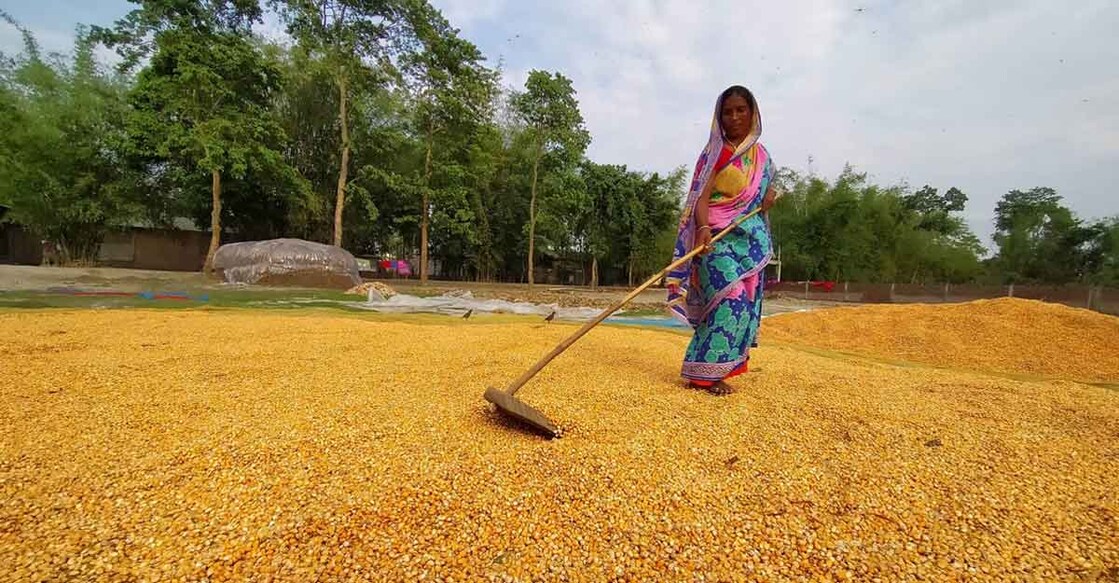Researchers at BHU develop 'adsorbent' from rice husk

Mail This Article
Varanasi (UP): Researchers at the School of Biochemical Engineering of IIT-BHU have synthesised an eco-friendly 'adsorbent' which can remove toxic heavy metal ions such as hexavalent chromium from waste water.
This is a new eco-friendly product has been synthesised from rice husk through several modifications.
The researchers claim that this eco-friendly and inexpensive adsorbent rice husk can help clean the Ganga.
The adsorbent has been synthesised by Dr Vishal Mishra and his PhD students Veer Singh and Jyoti Singh, and has proved effective adsorption-cum-reduction of hexavalent chromium.
This work has also been published in the 'Journal of Environmental Chemical Engineering'.
Dr Mishra said that the hexavalent chromium is responsible for several types of health problems in the human body like various types of cancers, kidney and liver failure. This adsorbent is effective in removal of toxic metal ions from wastewater as compared to other conventional methods and, that too, in less time.
Besides, this adsorbent can easily be separated from solution and can be used in the next adsorption cycle.
Regarding the socio-economic aspect of this research, Dr Mishra said, "The research is focused on the cost-effective, eco-friendly method for removal of heavy metal ions from water. Rice husk is easily available worldwide."
Adsorbent is synthesised from the rice husk and its surface is modified through iron doping.
"In developing countries, water-borne diseases are a major problem. According to the World Health Organization (WHO), each year, 3.4 million people, mostly children, die from water-related diseases. Improving water quality can reduce global water-borne diseases. Cancer due to heavy metals is also a severe problem worldwide," he added.
A water resources ministry report says that about 239 million people across 153 districts in 21 states drink water that contains unacceptably high levels of toxic metal ions.

